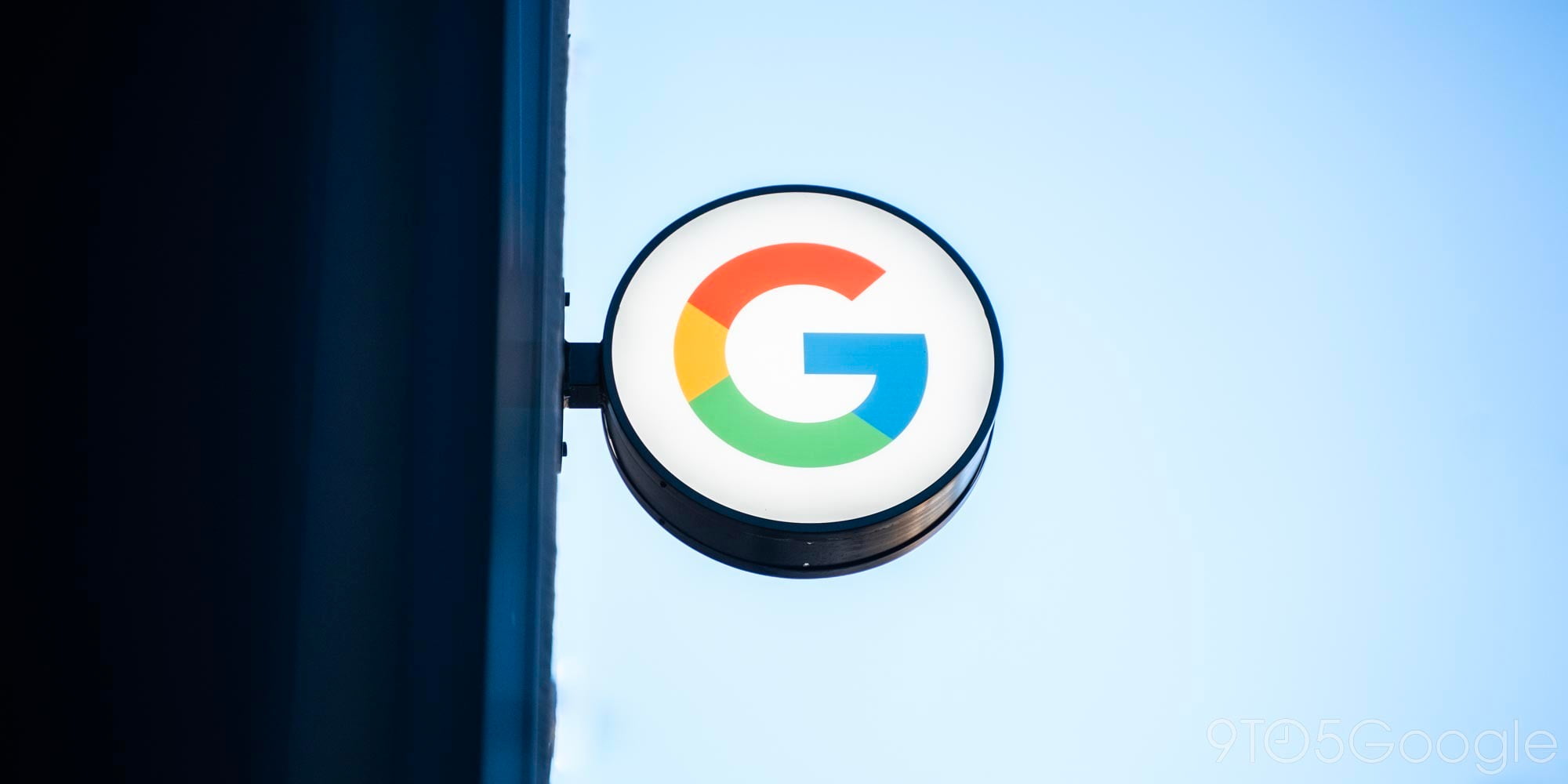
The Galaxy S20 series has been on the market for a few weeks now and, as we published in our full review, the battery life is pretty good even with the 120Hz refresh rate enabled! Now, the folks at Anandtech have published an extensive test to show just how much of an impact 120Hz has on a Galaxy S20’s battery, as well as showing how Exynos differs.
Back before the public S20 launch, a battery test on the Galaxy S20 Ultra revealed that enabling 120Hz had an impact of nearly 3 hours of use time depleted from the device. In this latest test, we’re getting even more insight into how Samsung’s battery life is altered based on the refresh rate.
Using a Snapdragon 865 variant of the Galaxy S20 Ultra on the “High Performance” mode, this web browsing test managed 13.04 hours from the device before it kicked the bucket. When turning on 120Hz, that number dropped to 10.02 hours, just like the previous test discovered.
What’s very interesting is that using an Exynos-powered Galaxy S20 Ultra, the battery results absolutely plummet down to just 7.38 hours!
Interestingly too, there’s less consistency with the Exynos processor. On a Galaxy S20+ using Exynos, the battery test pulls 9.06 hours in 60Hz mode, but 7.28 hours in 120Hz mode. It’s a little odd that the extra 500 mAh in the S20 Ultra doesn’t offer more than 0.10 hours compared to the S20+. No wonder fans are petitioning Samsung to stop using those chips.

More on Samsung:
- Galaxy S20/+ Review: Smartphones this good shouldn’t have questionable cameras
- Samsung releases another Galaxy S20 update to fix camera issues
- Samsung Galaxy S20 gets copy/paste, RCS messaging on Windows 10 w/ Your Phone app
FTC: We use income earning auto affiliate links. More.



Comments